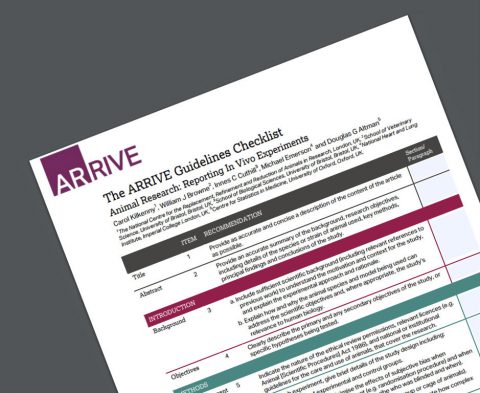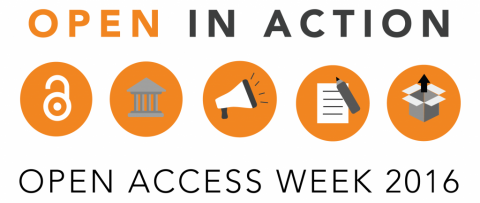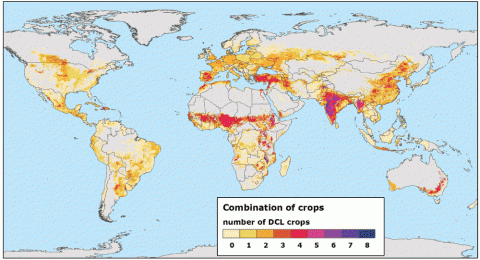In this guest post, author Benjamin Haibe-Kains talks about the need for better integrative analysis frameworks to leverage the plethora of large pharmacogenomic studies available to date. He believes that preprint servers, as well as open access publishing venues with transparent pre- and post-publication peer-review, such as F1000Research, will be crucial to ensure proper dissemination of data and analysis results in the active field of cancer pharmacogenomic research.
Recently an Opinion Article ‘Fairness in scientific publishing’ by Philippa Matthews, University of Oxford, passed peer review on F1000Research after the publication of version 2. Both versions were openly peer reviewed by three reviewers, one of whom was Gustav Nilsonne, Karolinska Institute. In this blog, both discuss what the FAIR Principles – Findable, Accessible, Interoperable, and Re-usable – mean for authors, reviewers, readers and publishers.
Science Fiesta is a large science outreach event hosted by San Antonio Science and organized primarily by graduate students. The primary goal of the event was to reach new audiences by infusing existing South Texas traditions with science and to break down cultural barriers to science engagement. The event brought together over 50 organizations to offer interactive exhibits, scientific…
As 2016 draws to a close we’ve had a look at our most-read blogs for the year. The top five are listed below so you can revisit them too. Covering topics from the launch of wellcome Open Research to using data visualization as a means of hunger, malnutrition and poverty. We hope that you enjoy them!
DeepMind is a British company that was formed in 2010 with the aim of creating artificial general intelligence and using it to tackle some of society’s toughest challenges. They recently published two Study Protocols on applying machine learning to health conditions on F1000Research. In this blog post, they summarise both projects and talk about the collaboration with hospitals as well as the future application of those machine learning techniques.
The phylogenetic ‘Tree of Life’, arguably the most elegant representation of the evolutionary process, perhaps of any biological process, is 150 years old this year. To commemorate this anniversary we have created a special collection of phylogenetics articles published on F1000Research.
The IICARus study is seeking volunteers to help assess the impact of the ARRIVE guidelines on the quality of reporting of in vivo research. Contributors will be listed as authors on the resulting publications. If you are interested in helping you can sign up here. For research involving animals to be as scientifically and ethically…
Guest post by two of our International Neuroinformatics Coordinating Facility (INCF) channel advisors, Helena Ledmyr and Malin Sandström.
Today is the beginning of this year’s annual Open Access Week. This year’s Open Access Week theme of “Open in Action” is all about taking concrete steps to open up research and scholarship and encouraging others to do the same. In this blog post, we look at some of the ways we at F1000Research already do to work towards wholly open science.
In recognition of World Food Day this post highlights two articles recently published in the OKAD channel that illustrate the power of using data-rich visualization approaches to meet the Sustainable Development Goals of eliminating hunger, malnutrition and poverty by 2030.















